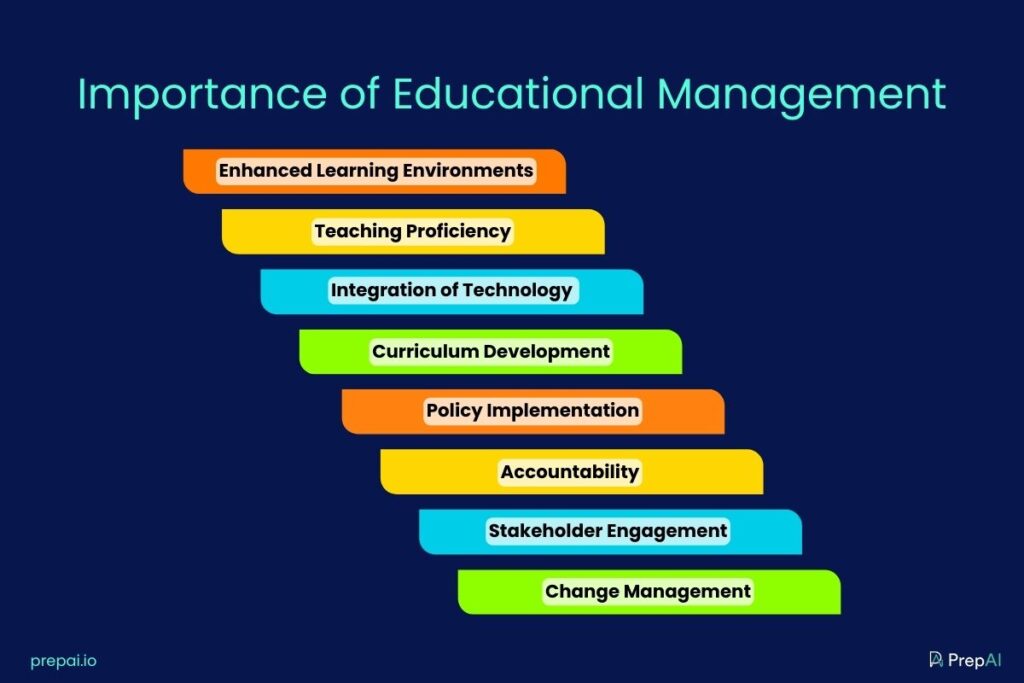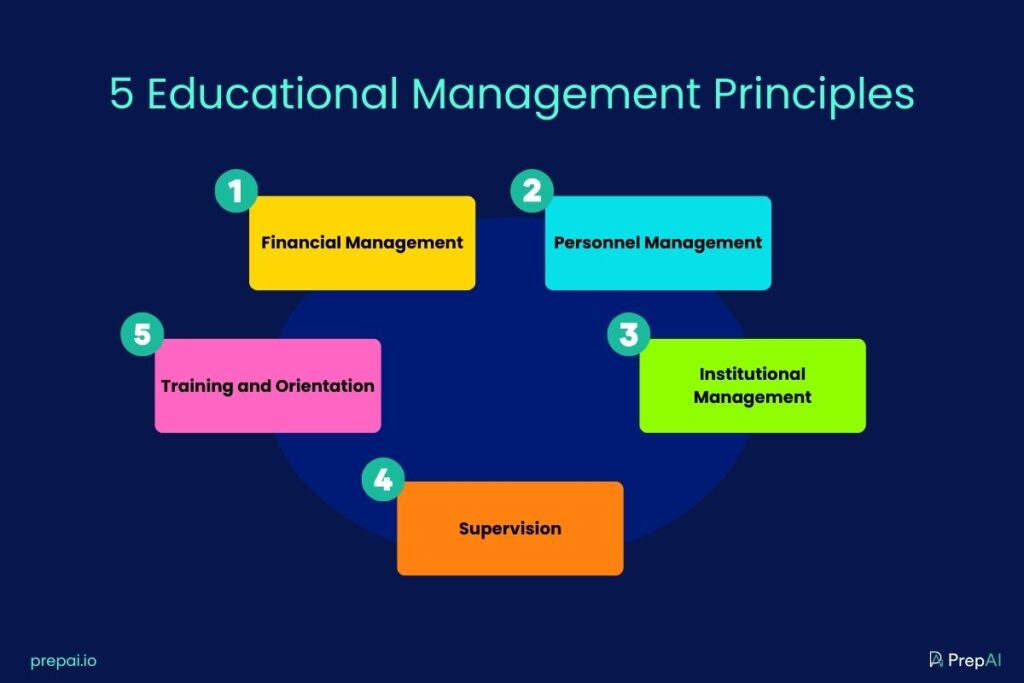Improving education systems worldwide requires a focus on key principles that ensure quality, inclusivity, and sustainability. Five essential principles integral to creating better schooling systems are:

Source:- bbc news
Equity and Inclusivity: A strong education system must be inclusive, providing equal opportunities for all students regardless of their background, ethnicity, gender, or socioeconomic status. Ensuring access to quality education for marginalized and disadvantaged groups, including students with disabilities, is crucial to reducing inequality and fostering social mobility.
Quality Teaching and Professional Development: Effective teaching is the cornerstone of educational success. Teachers should be well-trained, supported, and given opportunities for continuous professional development. Investing in teacher quality not only improves classroom outcomes but also ensures that educators can adapt to evolving educational needs and methods.
Curriculum Relevance and Flexibility: A well-rounded and adaptable curriculum is essential for preparing students for the future. It should incorporate critical thinking, creativity, and problem-solving skills while remaining relevant to the current and future demands of the workforce. Flexibility within the curriculum allows for a personalized approach to learning, accommodating the diverse needs and learning styles of students.
Accountability and Data-Driven Decision Making: Schools should have mechanisms for monitoring performance and outcomes. Regular assessments, feedback loops, and data collection allow policymakers, administrators, and educators to make informed decisions that improve educational strategies. Accountability ensures that schools remain focused on student achievement and continuous improvement.
Community and Parental Engagement: A successful school system involves collaboration between teachers, parents, and the community. Engaging parents and local stakeholders fosters a supportive environment that enhances learning and development. Active involvement from families and communities helps reinforce the value of education and contributes to a holistic approach to student well-being.
Incorporating these principles into education systems can lead to more effective, equitable, and sustainable outcomes for students, shaping a brighter future for societies worldwide.
Share your views in the comment’s

